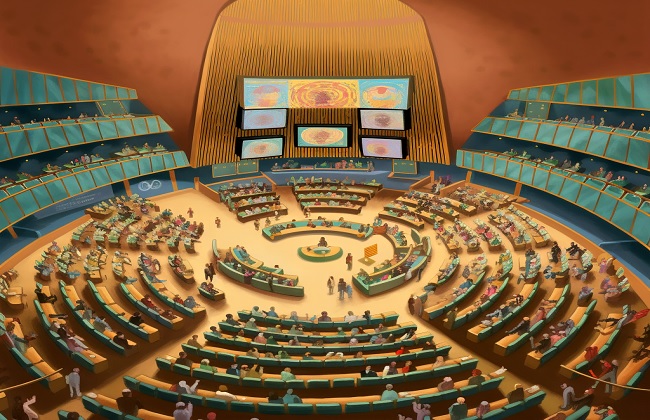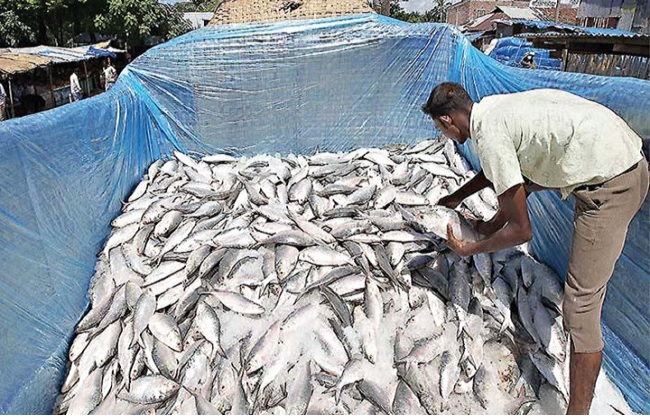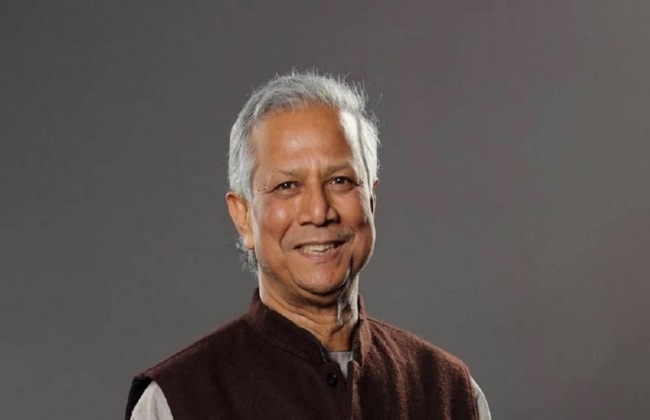The world is standing at a critical juncture. Climate change is not just a future threat—it’s here, and it’s already devastating lives. From record-breaking heat waves to floods and landslides, the planet is sending us clear signals that we cannot afford to ignore. But for many of us in the Global
Article
Will the UN’s Pact of The Future modernize outdated multilateral systems?
While most world leaders who attended the United Nations inaugural Summit of the Future—a two-day high-level event at UN headquarters in New York meant to address the most pressing global challenges of the 21st century—agree that the world’s aging multilateral system needs modernizing, not all agree on how to get
Cultivating a Culture of Peace
As global peace hits its lowest point since the Second World War, the International Day of Peace on September 21 offered a critical moment to reflect on and strengthen our peacebuilding efforts. This year’s theme, ‘Cultivating a Culture of Peace’, is a powerful reminder that for peace to be possible, everyone
Hilsa is Paradoxical
Engage with ‘new Bangladesh’ in shared efforts on global issues: Prof Yunus
In his first major address at the United Nations, the Chief Advisor of Bangladesh’s interim government, Dr. Muhammad Yunus, appealed to the international community to engage with a ‘new Bangladesh’ in the shared efforts to cooperate on global issues. Yunus arrived earlier in the week to attend the 79th United Nations
UN Charter: The final hurdle for reform of the Security Council
When the “founding fathers” –regrettably, no “founding mothers”—created the United Nations 79 years ago, one of the biggest anomalies was bestowing the power of the veto to the five permanent members (P5) of the UN Security Council (UNSC): the US, UK, France, Russia and the Republic of China (later the
Govts, NGOs announce $350m for sexual, reproductive health services
On the heels of the Summit of the Future and the sidelines of the United Nations High-Level Meeting Week, governments and philanthropies pledged to commit at least USD 350 million to boost family planning, sexual and reproductive health and supplies on the national and global level. As enshrined in the
Mass animal extinctions: Why large mammals are in decline
We could be witnessing the sixth mass extinction at an alarming rate worldwide. It’s marked by the rapid loss of species due to human activities like habitat destruction, pollution and climate change. Unlike previous mass extinctions, which were caused by natural events, this one is driven by human impact –
The crucial connection between climate change and mental health
“Young people today are growing up with enormous uncertainty about their future. Climate change is a major driver of that uncertainty, but we weren’t talking enough about how the climate crisis impacts mental health,” researcher Dr. Emma Lawrance told IPS from her family home in Australia. With sombre news at every
Tripling renewables powered by state-owned power companies
The climate community, meeting this week once again on the margins of the UN General Assembly, is continuing to explore ways to triple the world’s installed renewable generation capacity by 2030, a target agreed at last year’s COP 28 international climate negotiations. Much of this discussion has been about mobilizing










